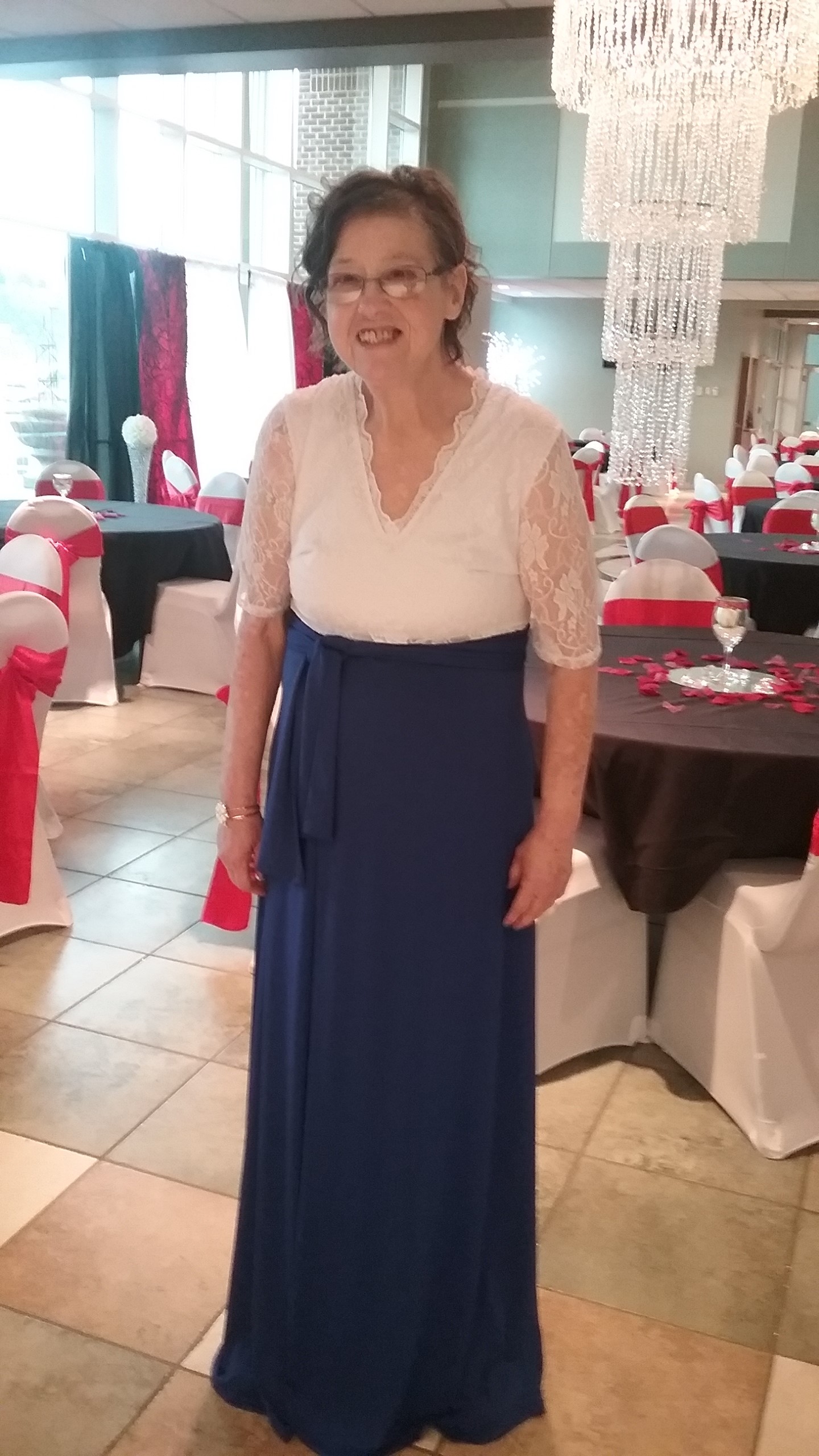Stories from Caregivers: Kimberly from WEST VIRGINIA
WV
Kimberly
FROM WEST VIRGINIA
My Aunt Betty is 65 and was born with moderate retardation. Fortunately she functions at a relatively high level, but not enough to live on her own or manage money. She has always lived at home with her parents, brother and sister (my mom). She has a severe speech impediment, making it difficult for others to understand her. Even I have trouble many times, and I understand her better than anyone else. She began having seizures in her 20's and is also an insulin-dependent diabetic, requiring testing and injections 4 times a day. Of Betty's parents and siblings, she is the only one left. After her parents died, Betty lived with her brother, and my mom also helped care for her. Mom died from Leukemia in 2008. Then Christmas morning 2012 my uncle died suddenly. It was completely unexpected, and I became an instant caregiver. While my uncle and I had arranged for this after my mom's death, we never expected the situation to happen. My uncle was healthy and robust, living a full life, and we just assumed with Betty's medical problems that she would not outlive him. While we had made financial and legal arrangements for me to take over care for Betty (which I am so glad we did), I just wasn't prepared mentally for the responsibility. Though Betty has been part of my life since I was a child, it was a shock to realize how much care she truly needs. Betty lives with me and I manage her money, nutrition, medical care and medication, along with anything and everything else that comes along. After living alone for more than a decade, this was a major change for me. Taking care of another human being is the biggest responsibility a person can have, and it can be a source of major stress. At first, Betty's health improved greatly. With a change in her diet she lost weight and we got her diabetes under better control. She is more active and does get some socialization now after I found a group that holds social and recreations events for adults with special needs. However, resources for care, transportation, housing, etc. are limited. While Betty often stayed by herself before, once she came to live with me I realized she should not be left alone. There is too great a risk for falls, she eats whatever she can get her hands on (whether she knows what it is or not), gets confused at times, and doesn't know what to do in an emergency. Fortunately my uncle had arranged for a trust and there was money from his estate that allowed me to be Betty's full-time caregiver. I searched for resources like adult day care or home care, but we don't live in an area that offers much. I discovered the I/DD Waiver program, but there is a long wait list for full services, and Betty's has been on it for 3 years now. Fortunately, a grant provides some services and she is able to go to a day program 2 days a week, but it's not enough for me to work. The trust money ran out and I cashed in my 401K, but that money is now gone, too. Betty does qualify now for another program that provides care for seniors, but it also has a wait list. Then, though Betty's quality of life and health improved, the last 2 years have been difficult medically. Betty had 2 heart attacks and an infection that I thought would take her life for sure. No sooner has she recovered from one thing, when the next things hits. I've also noticed a decline in her mental state. It is very difficult to know what is happening because of Betty's retardation. I've documented times of confusion and behavioral changes and discussed them with her primary care physician, endocrinologist, and neurologist. It's not obvious if the changes are due to the stress of the major medical crises she's been through in the last 20 months, aging in general, or something else. I love my aunt and want her to have the best life she can for as long as she can. I am trying to create some consulting work I can do from home and on days when Betty is at her day program, but have not yet found success. It is difficult and frustrating trying to stretch the finances, but I chose to put my life on hold to take care of Betty. I am sure many, many people are faced with the same circumstances of having a loved one who needs continual supervision and care but having no resources for that care but yourself. The photo of Betty from May 2017 at prom. A local group of volunteers holds social and recreations events for adults with special needs, and each year they do a prom. It is the participants' favorite event!
